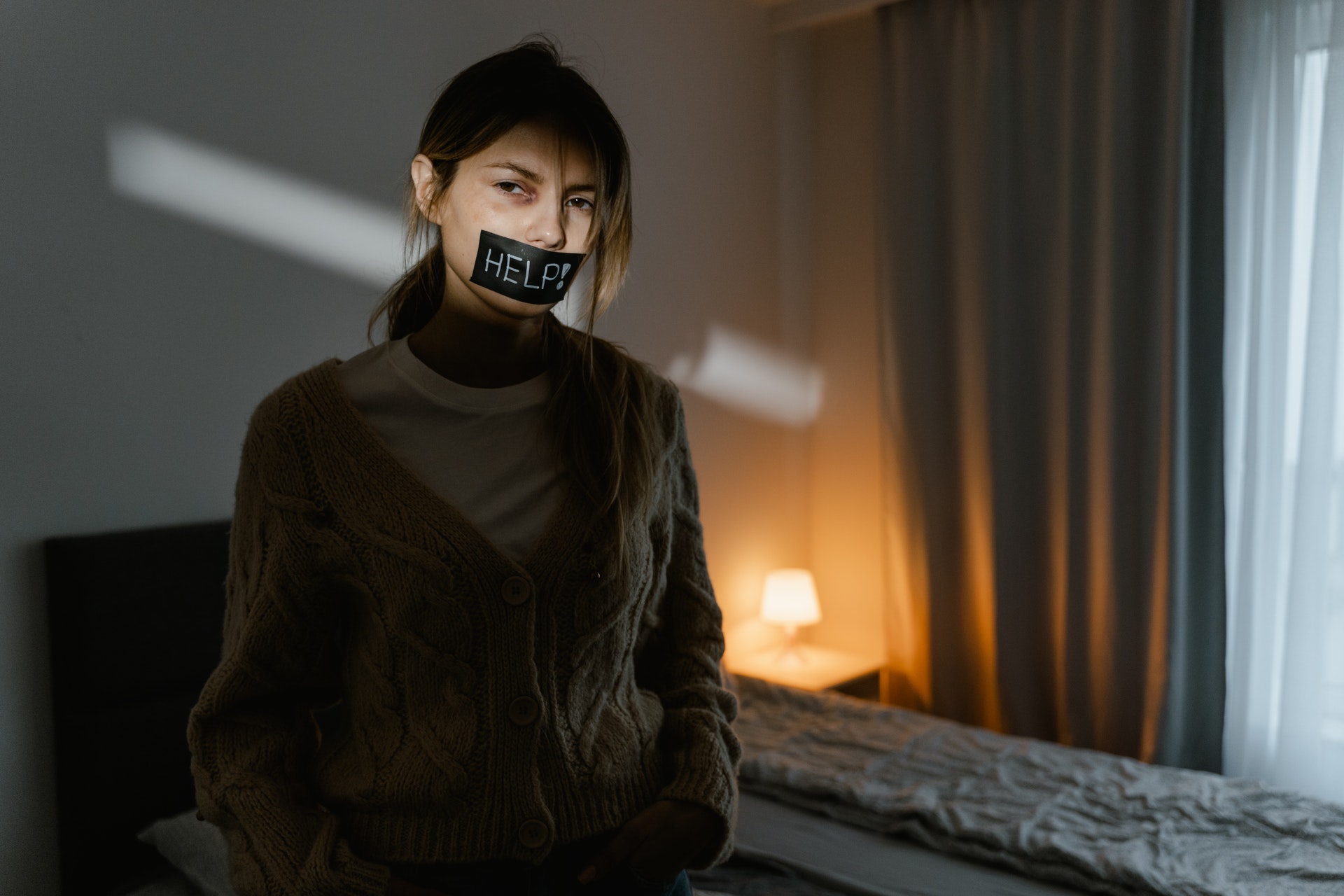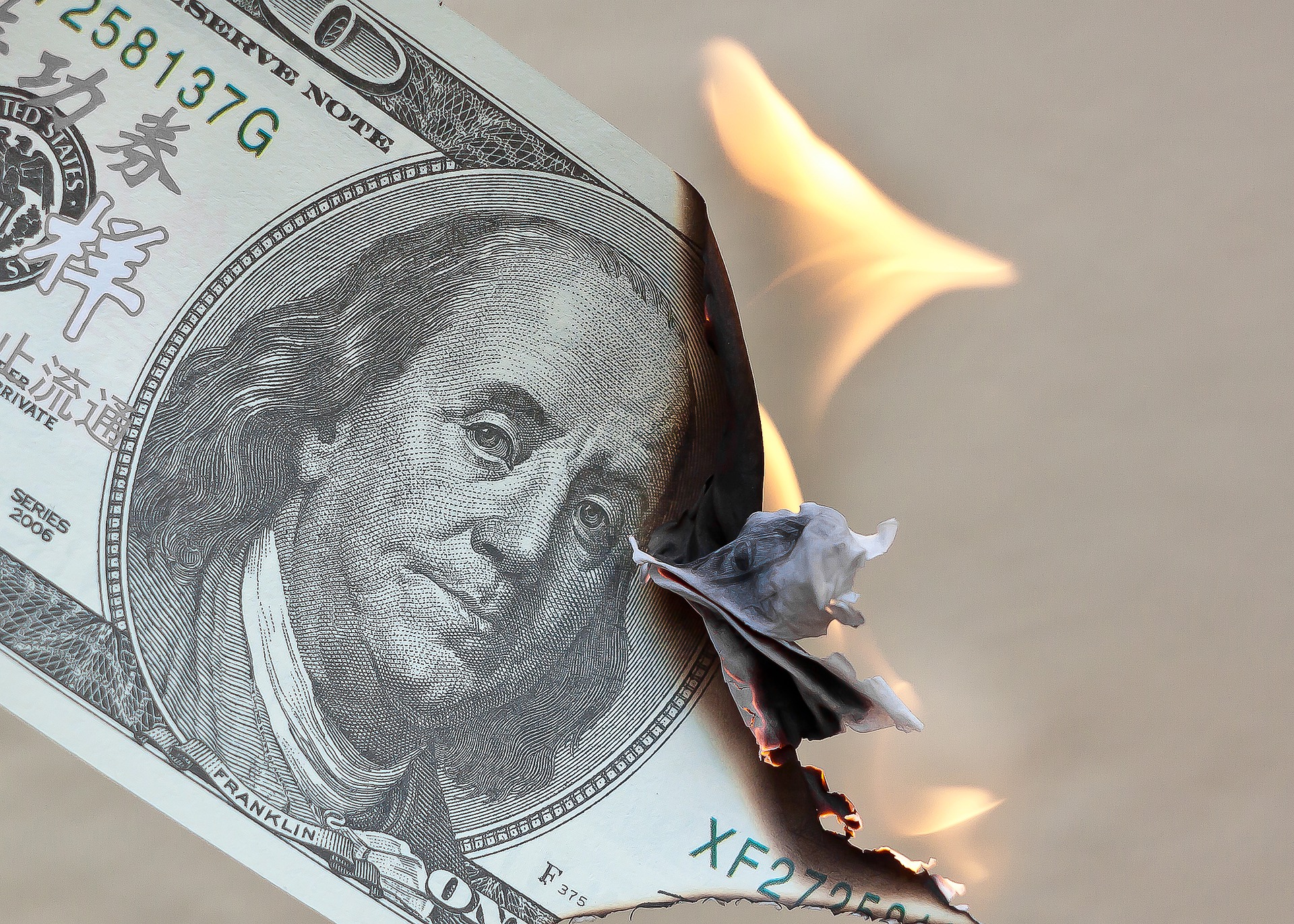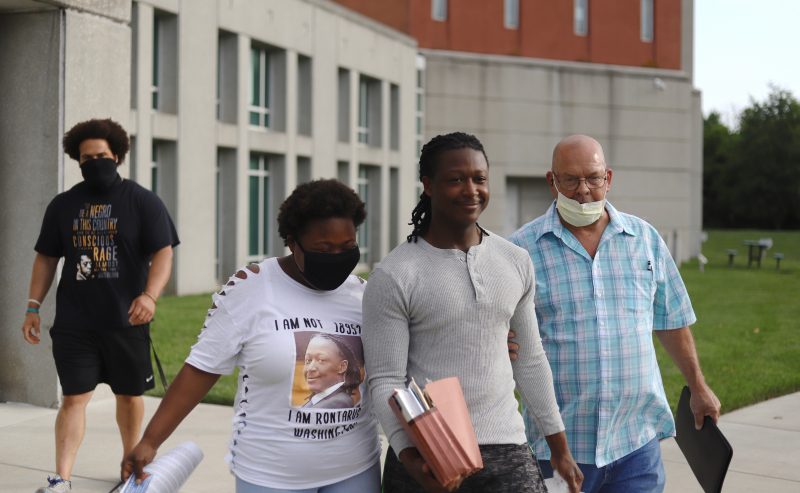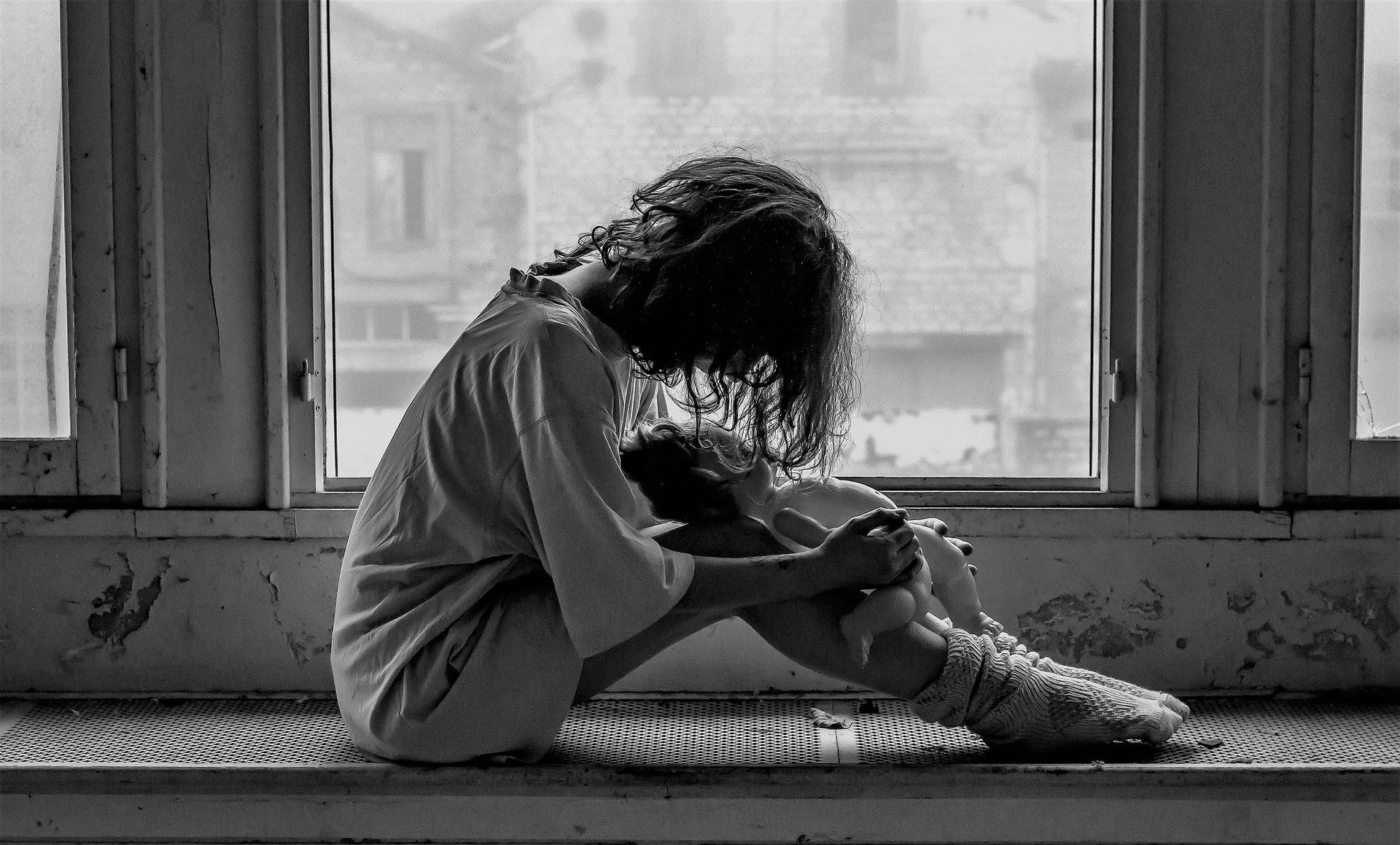When rape victims come forward after several years, the immediate response is to question why it took so long. Why did these victims hold on to their rapist’s secret for even a moment? Doesn’t that mean they are lying? Wouldn’t a real victim go straight to the police while the evidence and memories are still fresh?
The answer to this puzzling question lies in the ways in which the police and courts are trained and permitted to treat victims of sexual assault. As traumatic and painful as the act itself is, many victims describe the experience of disclosing as being similarly disempowering and difficult.
Women are often subjected to arduous interrogation-style questioning from male police officers who will ask the victim if they had taken any medication or consumed any alcohol, what clothes they might have worn, and why they didn’t try harder to fend off their attacker. This entire line of questioning compounds the belief that the victim themselves is the one at fault, thus forcing them to re-experience the shame and self-hatred linked with the assault.
In addition to the degrading questioning that rape victims are forced to endure, they must also wade through the deep-seated rape myths that many police officers and members of the justice system hold strongly. These myths include the belief that women are simply less believable and more likely to lie about sexual assault out of a desire for revenge or attention. The epidemic of disbelief often prevents victims from having their cases investigated, let alone tried in court.
Tragically, this rape myth also extends to child victims of molestation and rape. Children are often accused of lying, being confused, or acting out. If they are old enough to take the stand, a child victim is faced with imposing authority figures who often promise harsh consequences if the child is found to be lying. In this environment, it is no wonder that child victims would be reluctant to come forward.
Yet, the trial process is unbearable even for an adult victim. If a rape victim finally gets their day in court, the experience is often traumatizing. Sitting alone in a witness box, physically lower than the judge and faced by an aggressive opposing counsel, the victim is forced to describe the assault in great detail. Every event is met with doubt and public judgment.
Today, rape shield laws prevent attorneys from parading a victim’s sexual history in the courtroom, but it does not prevent them from framing the rape as consensual. The victim is forced to relive their trauma, only to be asked if they wanted it or if it really happened. In front of twelve strangers, the lawyer may insinuate that the victim is promiscuous or deceitful. By the end of the process, the victim is left in emotional tatters and has their reputation besmirched on the public record.
In the United States, forty-nine out of fifty alleged assailants will go free, making it one of the easiest crimes to get away with. Around 125,000 rapes are reported each year, and yet nearly all of these victims will never see justice. This devastating reality stems from the fact that police and legal officers simply do not believe victims often enough. This disbelief has lead to tens of thousands of untested rape kits, and potentially hundreds of thousands of victims who are encouraged to not go forward with their complaints by police officers. With this in mind, the answer to why rape victims do not immediately come forward is simple: why would they?
https://www.wbur.org/onpoint/2019/07/16/the-atlantic-rape-police-epidemic-of-disbelief
https://www.justice.gc.ca/eng/rp-pr/jr/trauma/trauma_eng.pdf
The Retraumatization of Witnesses





